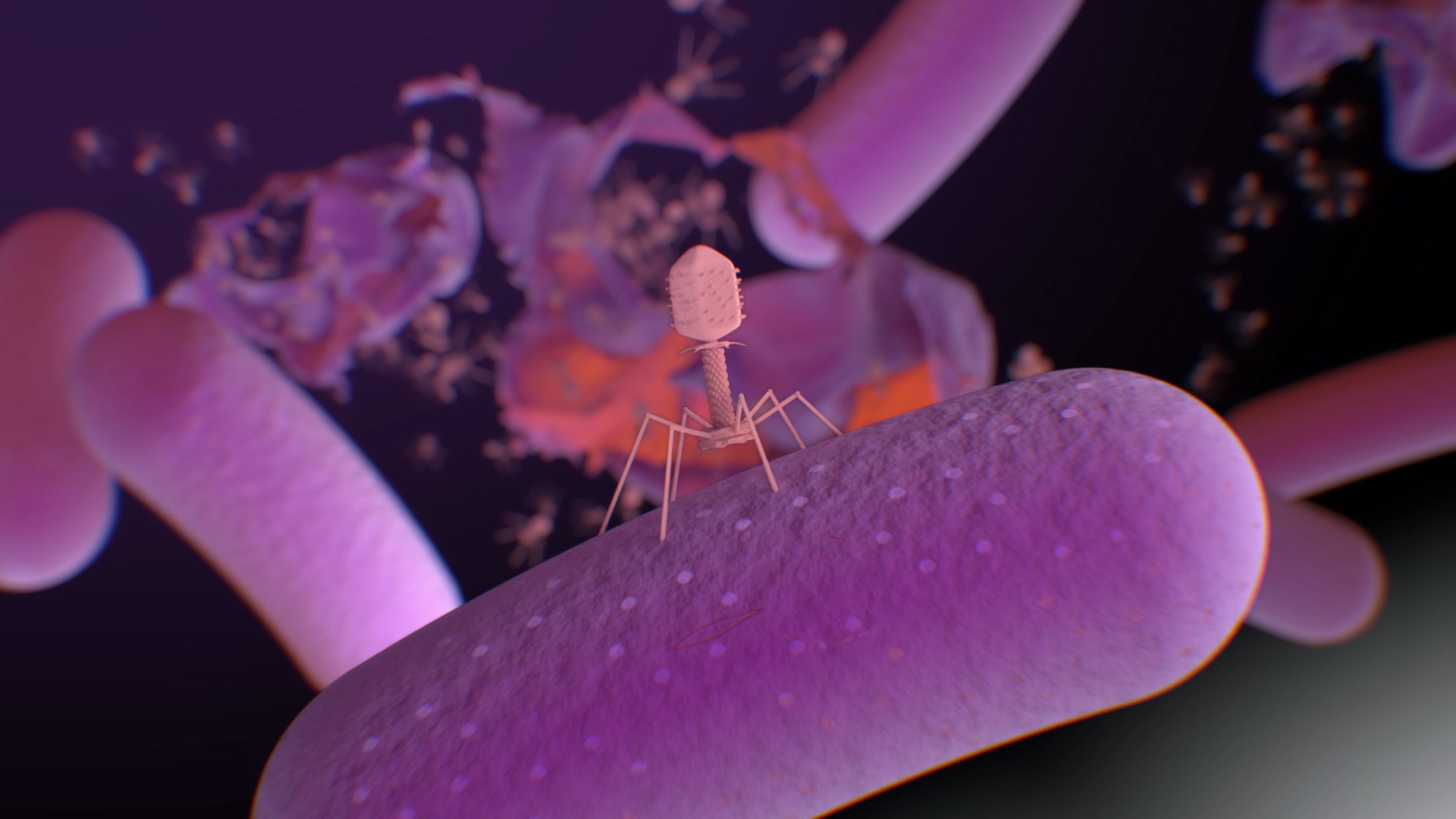Search

Ferries As with previous years, attendees will be required to make their own way to the island. Rottnest Express offers discounted weekday travel

Meet the team at Phage WA, who are working to tackle antimicrobial resistance (AMR) through phage therapy.
Research
The Safety of Alcohol Pharmacotherapies in Pregnancy: A Scoping Review of Human and Animal ResearchAlcohol pharmacotherapies pose unknown teratogenic risks in pregnancy and are therefore recommended to be avoided. This limits treatment options for pregnant individuals with alcohol use disorders (AUD). The information on the safety of these medications during pregnancy is uncertain, prompting a scoping review. The objective of this review was to investigate available information on the safety of alcohol pharmacotherapies in pregnancy.
Research
Feto-placental vascular structure and in silico haemodynamics: Of mice, rats, and humanThe complex arborization of the feto-placental vasculature is crucial for optimal fetal nutrition, waste exchange and ultimately, development. Ethical and experimental limitations constrain research into the human placenta, hence experimental animal models such as mice and rats, are crucial to understand placental function. It is unclear how well the mouse and rat feto-placental vascular structure emulates human. Moreover, the implications of differences in vascular structure, especially in arborization, for placental function remain unclear.
Research
Predictive gene expression signature diagnoses neonatal sepsis before clinical presentationNeonatal sepsis is a deadly disease with non-specific clinical signs, delaying diagnosis and treatment. There remains a need for early biomarkers to facilitate timely intervention. Our objective was to identify neonatal sepsis gene expression biomarkers that could predict sepsis at birth, prior to clinical presentation.
Research
Vitamin A and bronchopulmonary dysplasia: the next stepsPreterm infants are often vitamin A deficient, and vitamin A has functions that could mitigate the processes that lead to bronchopulmonary dysplasia. Therefore, supplementation of preterm infants with vitamin A to reduce the risk of bronchopulmonary dysplasia makes inherent sense.
Research
A phase I clinical trial assessing the safety, tolerability, and pharmacokinetics of inhaled ethanol in humans as a potential treatment for respiratory tract infectionsCurrent treatments for respiratory infections are severely limited. Ethanol's unique properties including antimicrobial, immunomodulatory, and surfactant-like activity make it a promising candidate treatment for respiratory infections if it can be delivered safely to the airway by inhalation. Here, we explore the safety, tolerability, and pharmacokinetics of inhaled ethanol in a phase I clinical trial.
Research
Hidden in plain sight: how vaping manufacturers exploit legislative loopholesAlexander Larcombe BScEnv (Hons) PhD Honorary Research Fellow Honorary Research Fellow Associate Professor Alexander Larcombe began work at The Kids
Research
Delayed airway epithelial repair is correlated with airway obstruction in young adults born very pretermNasal epithelial cells from young adults with a history of very preterm birth show delayed closure following scratch-wounding. Repair correlated with lung function, suggesting epithelial barrier integrity may play a role in preterm-associated lung disease.
Research
Early nasal microbiota and subsequent respiratory tract infections in infants with cystic fibrosisRespiratory tract infections (RTIs) drive lung function decline in children with cystic fibrosis (CF). While the respiratory microbiota is clearly associated with RTI pathogenesis in infants without CF, data on infants with CF is scarce. We compared nasal microbiota development between infants with CF and controls and assessed associations between early-life nasal microbiota, RTIs, and antibiotic treatment in infants with CF.
